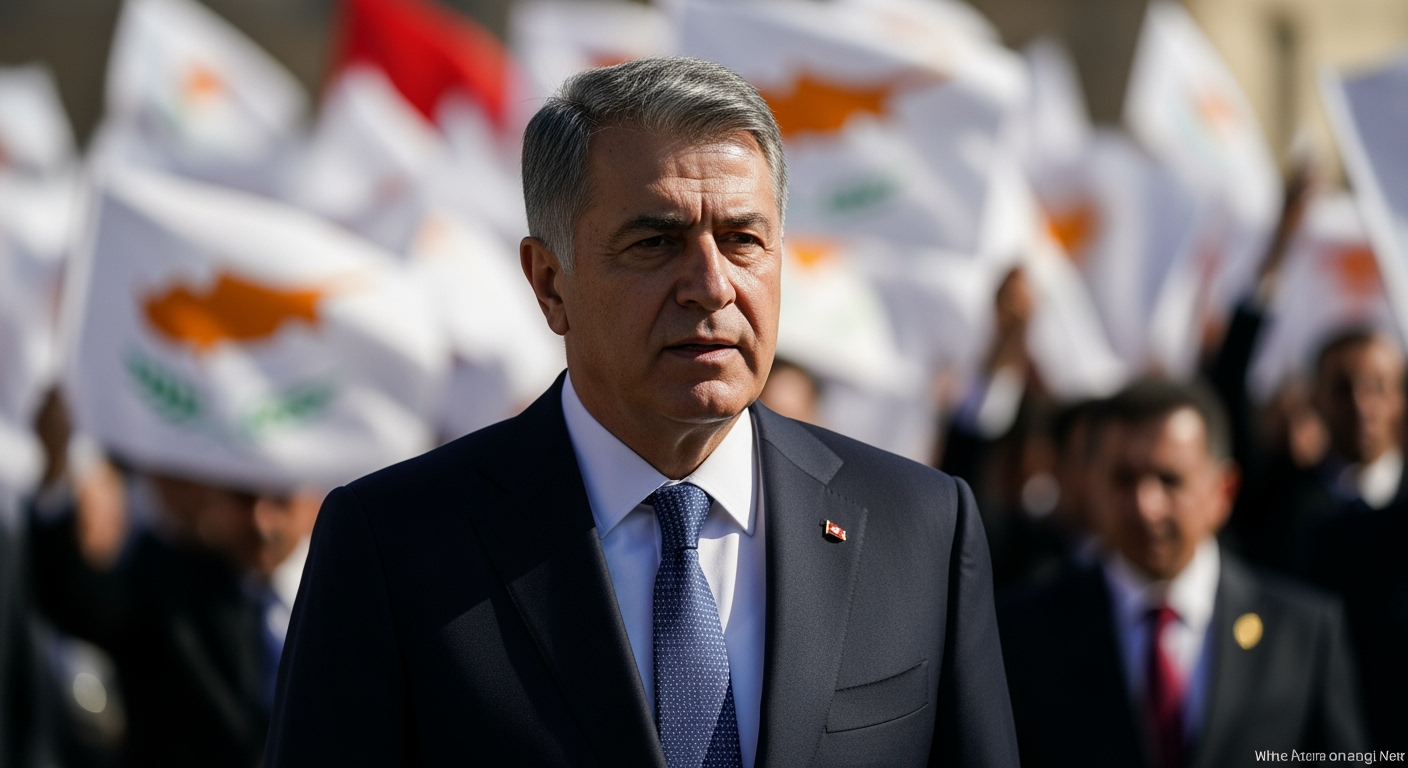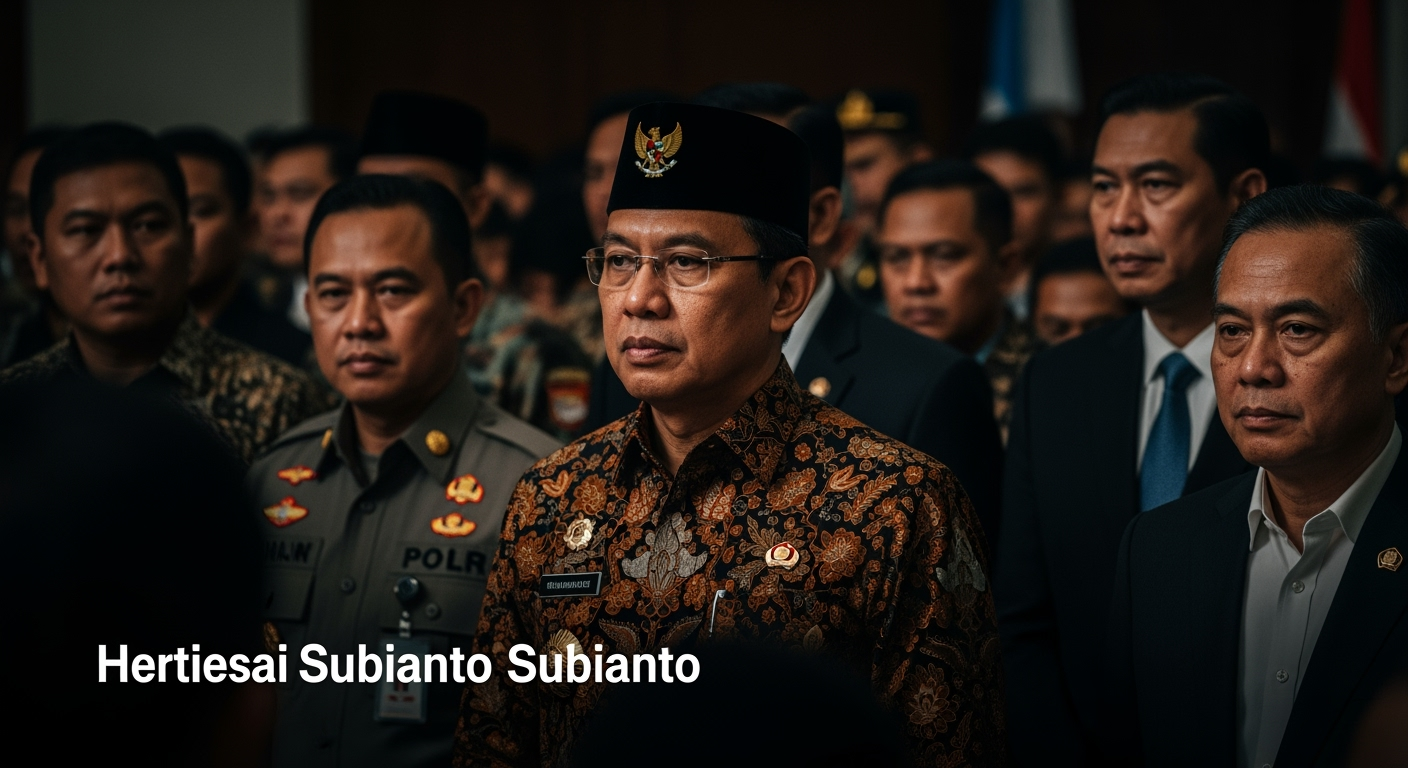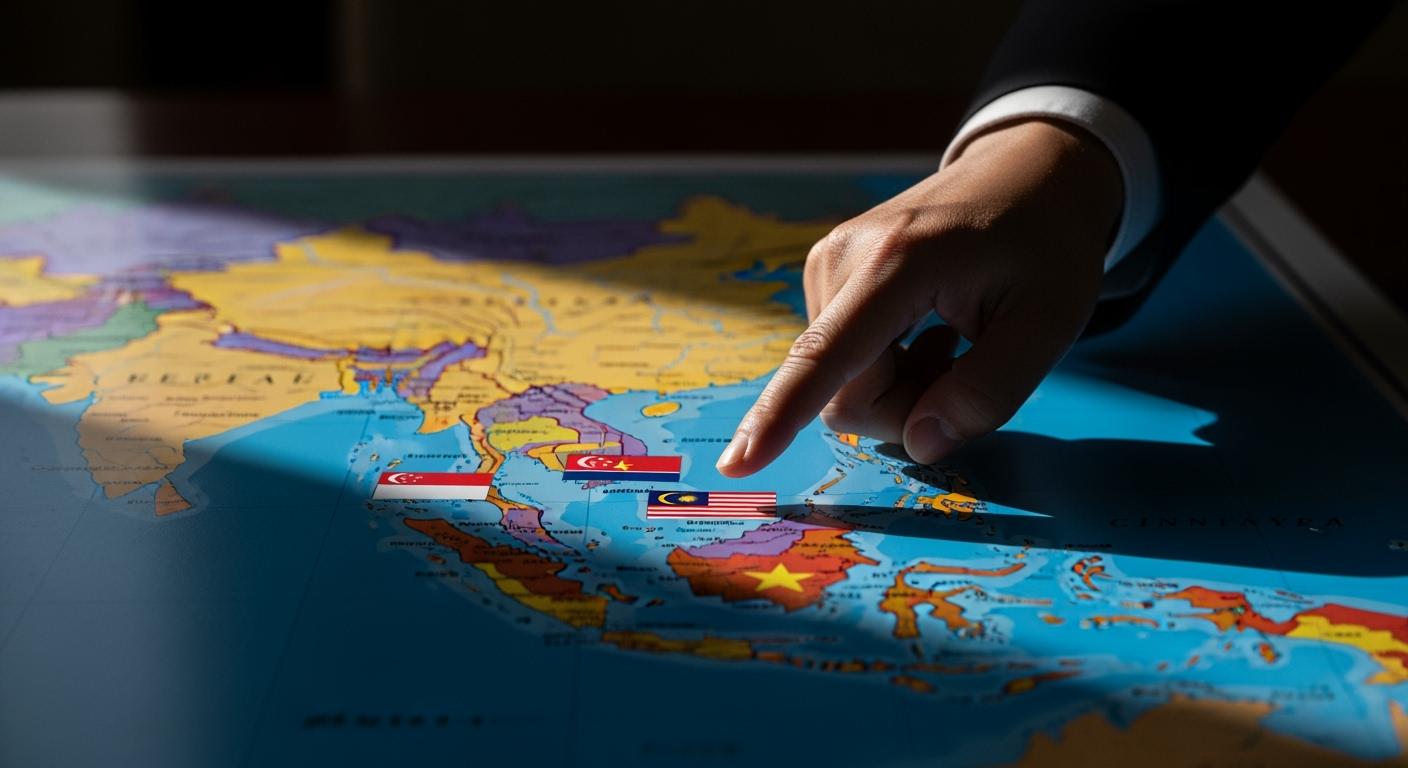Related Articles

Turkish Cypriots Elect Erhürman in Landslide, Sending Complex Signals to Ankara

China Navigates Critical Economic Crossroads with Ambitious New Five-Year Plan





In a strategic move to counter escalating international isolation and sanctions, North Korea is significantly intensifying its diplomatic and economic outreach toward Southeast Asian nations. This renewed engagement is part of a broader effort by Pyongyang to diversify its partnerships beyond traditional allies, seeking political legitimacy, economic lifelines, and a platform for potential diplomatic maneuvering in a complex global landscape. Recent high-level visits by North Korean delegations to the region, and reciprocal trips by Southeast Asian leaders to Pyongyang, underscore a concerted shift in the Democratic People's Republic of Korea's (DPRK) foreign policy agenda.
North Korea's pivot to Southeast Asia is not merely a diplomatic gesture but a calculated strategy driven by pressing internal and external factors. Facing stringent United Nations sanctions and diminishing diplomatic presence worldwide, Pyongyang is compelled to seek new avenues for engagement and support. The closure of several North Korean embassies in Africa, Europe, and parts of Asia, including its consulate in Hong Kong, points to the increasing financial strain and the limited utility of traditional illicit trade routes, forcing a re-evaluation of its international footprint. The remaining diplomatic missions in Southeast Asia are now poised to play a more crucial role in generating revenue for Pyongyang.
Historically, North Korea has cultivated long-standing relationships with several Southeast Asian countries, rooted in shared anti-imperialist struggles and socialist ideologies from the Cold War era. Nations like Vietnam, Laos, Cambodia, Indonesia, and Myanmar often served as ideological friends or non-aligned partners for Pyongyang. These historical linkages provide a foundation for renewed engagement, offering North Korea a degree of ideological familiarity and political neutrality that is increasingly scarce elsewhere. The region's generally non-aligned foreign policies and principles, such as mutual respect for sovereignty and non-interference, resonate with North Korea's own diplomatic posture and provide a conducive environment for engagement.
Beyond political legitimacy, the economic dimension is critical. While direct licit trade with Southeast Asian nations faces severe limitations due to sanctions, the region has historically been a significant site for both legitimate and illicit economic activities involving North Korea. From arms exports through Malaysia to drug trafficking and counterfeit currency operations in the Philippines, and more recently, cybercrime aimed at converting cryptocurrency into cash to fund its weapons programs, Pyongyang has leveraged loopholes and weak sanctions monitoring mechanisms in Southeast Asia. This ongoing need for financial resources, coupled with the desire to explore potential post-sanctions economic cooperation, underscores the pragmatic aspects of this diplomatic push.
The most prominent example of North Korea's intensified outreach is its engagement with Vietnam and Laos. In 2024, both the Workers' Party of Korea (WPK) and the DPRK Ministry of Foreign Affairs dispatched high-level delegations to these two countries. Vietnam, in particular, has seen significant activity, with multiple Vietnamese delegations visiting Pyongyang in 2024 for discussions spanning public security, military cooperation, and foreign policy dialogues. The historic visit by Vietnamese General Secretary To Lam to Pyongyang in 2025, marking the first time a Vietnamese leader has traveled to North Korea in eighteen years, represents a significant diplomatic victory for Pyongyang, signaling a measure of international legitimacy despite its pariah status. During Lam's visit, both nations reportedly agreed to boost bilateral cooperation in defense and healthcare, and signed agreements to institutionalize dialogue mechanisms between their foreign ministries and a Memorandum of Understanding between their Chambers of Commerce. This indicates North Korea's willingness to engage in dialogue on security matters, an uncommon occurrence outside of its relations with China and Russia.
Laos also maintains a long-standing camaraderie with North Korea. Even during the COVID-19 pandemic, when North Korea shut its borders, Laos reportedly continued to allow North Korean businesses to operate, generating cash flow for the regime through activities that included cybercrime and money laundering. Cambodia and Indonesia have also signed sociocultural cooperation agreements with North Korea in recent years, further illustrating the varied nature of these bilateral ties. While Malaysia's relations with North Korea were strained following the 2017 assassination of Kim Jong Nam in Kuala Lumpur, the DPRK maintains diplomatic presence in most Southeast Asian capitals.
North Korea's participation in regional multilateral frameworks also demonstrates its engagement strategy. Pyongyang has been a member of the ASEAN Regional Forum (ARF) since 2000 and acceded to the Treaty of Amity and Cooperation in Southeast Asia (TAC) in 2008. These memberships provide platforms for North Korea to engage in regional security dialogues and, at times, facilitate informal sideline talks with other key actors like the United States, China, and South Korea.
Southeast Asian nations approach North Korea's overtures with a complex mix of historical solidarity, pragmatic considerations, and concerns about regional stability. While maintaining diplomatic relations with Pyongyang, these countries are also deeply integrated into the global economic system and have burgeoning ties with South Korea, a major economic partner in the region. This necessitates a delicate balancing act, where Southeast Asian states aim to sustain pre-existing relationships with the DPRK while cautiously contributing to diplomatic efforts for peace.
ASEAN as a bloc has expressed concerns over North Korea's nuclear and missile programs, which pose risks to regional security despite the absence of a direct threat to Southeast Asian nations. The region's commitment to the Nuclear-Weapon-Free Zone Treaty (SEANWFZ) further shapes its stance. Nevertheless, ASEAN has also historically aspired to play a mediating role in inter-Korean affairs, leveraging its institutional frameworks to facilitate engagement.
Major global powers closely monitor North Korea's activities in Southeast Asia. The United States has previously urged countries in the region to downgrade diplomatic and economic ties with Pyongyang, particularly in response to sanction violations. South Korea, a significant investor and trading partner in Southeast Asia, has also actively engaged nations like Vietnam to combat North Korea's illicit trade networks. Vietnam's diplomatic balancing act, for instance, involves reaffirming socialist solidarity with North Korea while simultaneously deepening ties with the United States, China, Russia, and South Korea, positioning itself as a neutral interlocutor and hedging against major power rivalries.
Despite the renewed diplomatic energy, the path for deeper North Korea-Southeast Asia ties is fraught with challenges. United Nations sanctions remain a significant constraint, limiting practical cooperation and direct economic benefits. Reputational risks associated with engaging a heavily sanctioned state also deter many nations from expanding their relationships with Pyongyang beyond symbolic gestures. North Korea's limited resources and its persistent global isolation further restrict the scope of its outreach.
However, the mutual interest in engagement suggests that these relationships will continue to evolve. For North Korea, Southeast Asia represents one of the few regions where it can still project legitimacy, diversify its diplomatic footprint, and potentially gain leverage against its dependence on China and Russia. The DPRK's stated inclination to learn from Vietnam's experience in economic reform and external engagement suggests a long-term vision, even if direct trade remains limited for now.
For Southeast Asian nations, maintaining lines of communication with North Korea aligns with their principles of non-alignment and provides an opportunity to contribute to regional stability. The region's track record of informal diplomacy offers a potential avenue for facilitating constructive engagement in the future, should the geopolitical landscape shift. The complex interplay of historical solidarity, economic realities, and security concerns ensures that North Korea's pursuit of "new friends" in Southeast Asia will remain a critical, albeit delicate, feature of regional geopolitics.